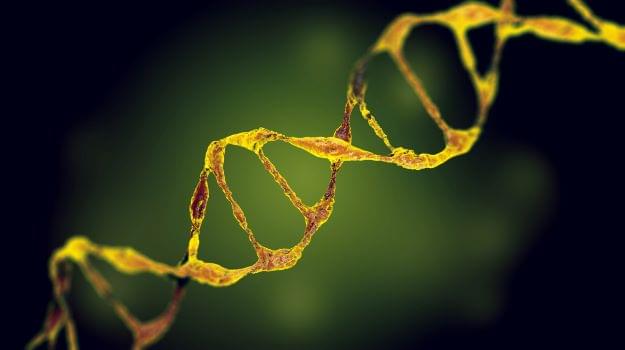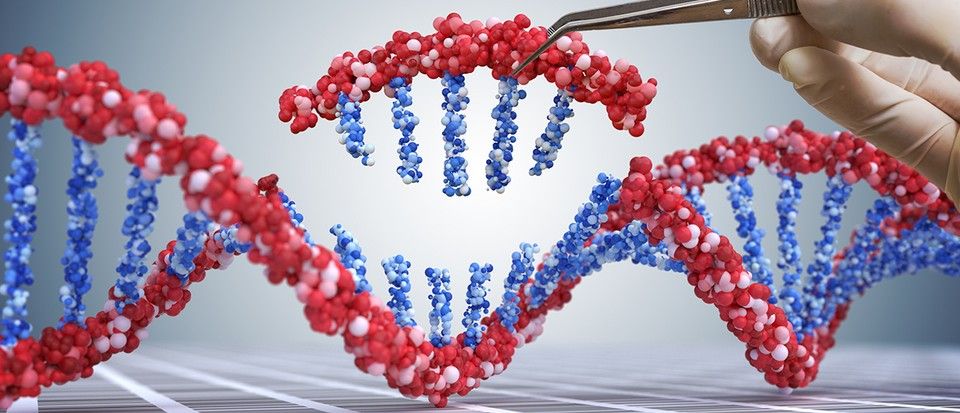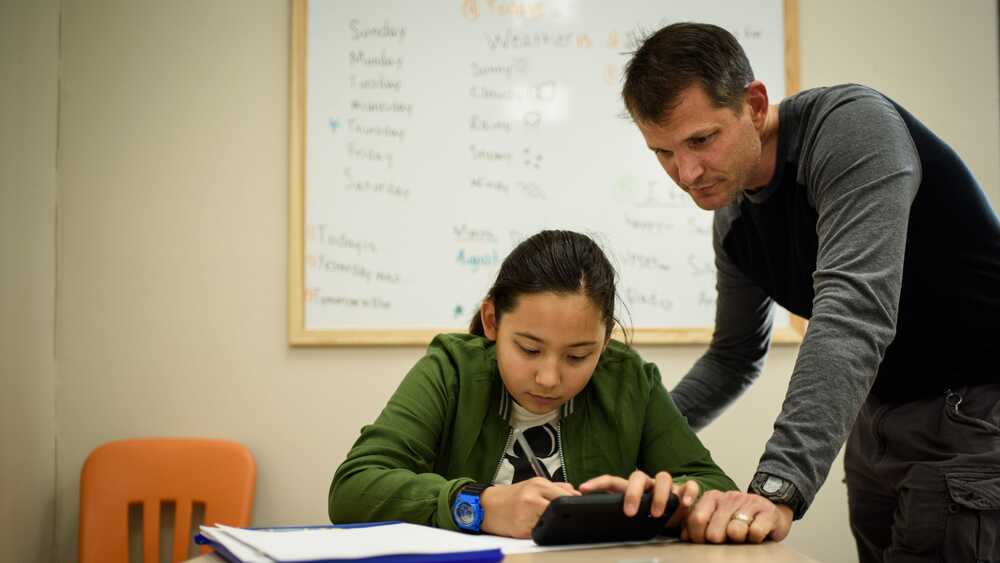It seems everyday more and more information is being uncovered about trees and the many mysteries within them. We know that they are alive, but it seems they are even more alive than we may have thought. Trees are interconnected underground, we also now know that trees can communicate with one another, but recently scientists have discovered that trees actually have a sort of heartbeat, it is just so slow that they’ve never noticed before.
Up until recently scientists had thought that water moved through trees by the process of osmosis, in a sort of continuous matter, but now they’ve discovered that the trunks and branches of the trees are actually contracting and expanding and essentially pumping water up from the roots to the leaves, kind of like how our heart pumps blood throughout our bodies.
— Our Journalism Is Moving — Our investigative journalism and reporting is moving to our new brand called The Pulse. Click here to stay informed.





